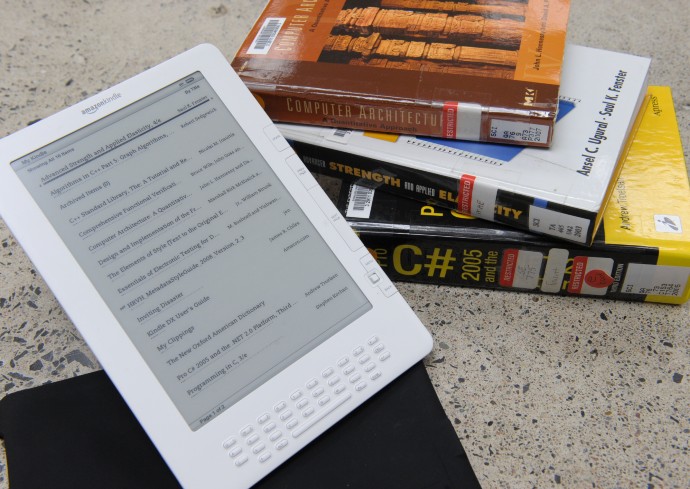Professor Shikha Nangia Named as the Milton and Ann Stevenson Endowed Professor of Biomedical and Chemical Engineering
The College of Engineering and Computer Science (ECS) has announced the appointment of Shikha Nangia as the Milton and Ann Stevenson Endowed Professor of Biomedical and Chemical Engineering. Made possible by a gift from the late Milton and Ann Stevenson,…


 “As an academic librarian who thinks about information literacy all the time, it’s really exciting to collaborate with faculty across the University to not only look at academic coursework that enhances these skills, but also co-curricular experiences,” says Delevan.
“As an academic librarian who thinks about information literacy all the time, it’s really exciting to collaborate with faculty across the University to not only look at academic coursework that enhances these skills, but also co-curricular experiences,” says Delevan.